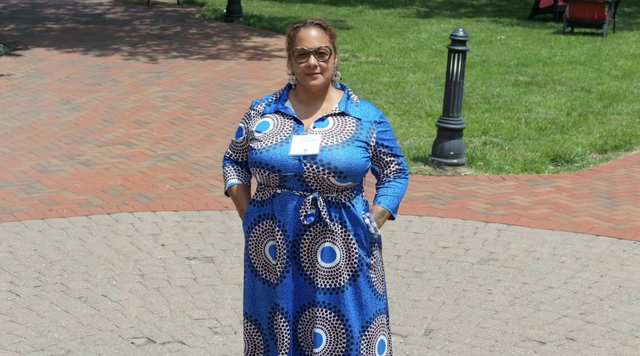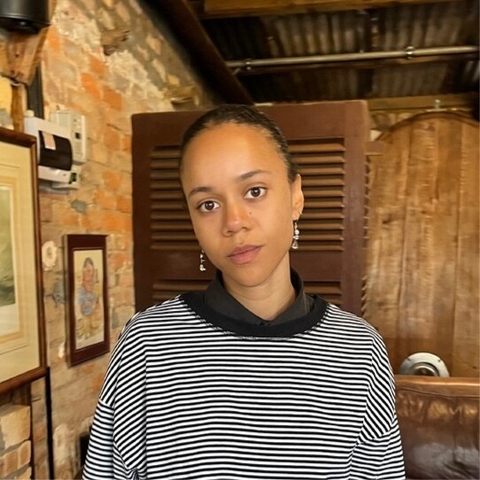Overview
Black women and femmes face unique vulnerabilities and disproportionate climate impacts, while also holding so much in weathering the responsibility of multi-level leadership. On top of holding ownership of survival for themselves and their families, Black women and femmes shoulder the taxing and oft-unforgiving work of organizational and movement leadership – all with fewer resources than men and non-Black women, while also being subjected to violent threats and acts.
From the impacts of the drivers of climate change (such as industrial pollution, deforestation, and fossil fuel extraction), to the impact of the results of climate change (such as extreme weather events, food insecurity, and displacement), Black women and femmes are often championing communities that are being impacted on multiple fronts simultaneously. We recognize that a future where policies and systems reflect the needs and strengths of these communities is possible but only when we follow the leadership of Black women and femmes.
This program delves into the critical intersection of gender justice, racial justice, and climate justice. Participants will engage with a curriculum that highlights the specific ways climate change affects Black women and femmes, from reproductive and other health disparities to economic and social challenges, including false solutions such as population control. Through this exploration, we emphasize the resilience, leadership, and innovative solutions that Black women and femmes bring to the forefront of climate action, and how those solutions can be implemented locally. Participants will develop strategies to advocate for gender and racially just systems, policies, programs, and practices.
Course Objectives

















